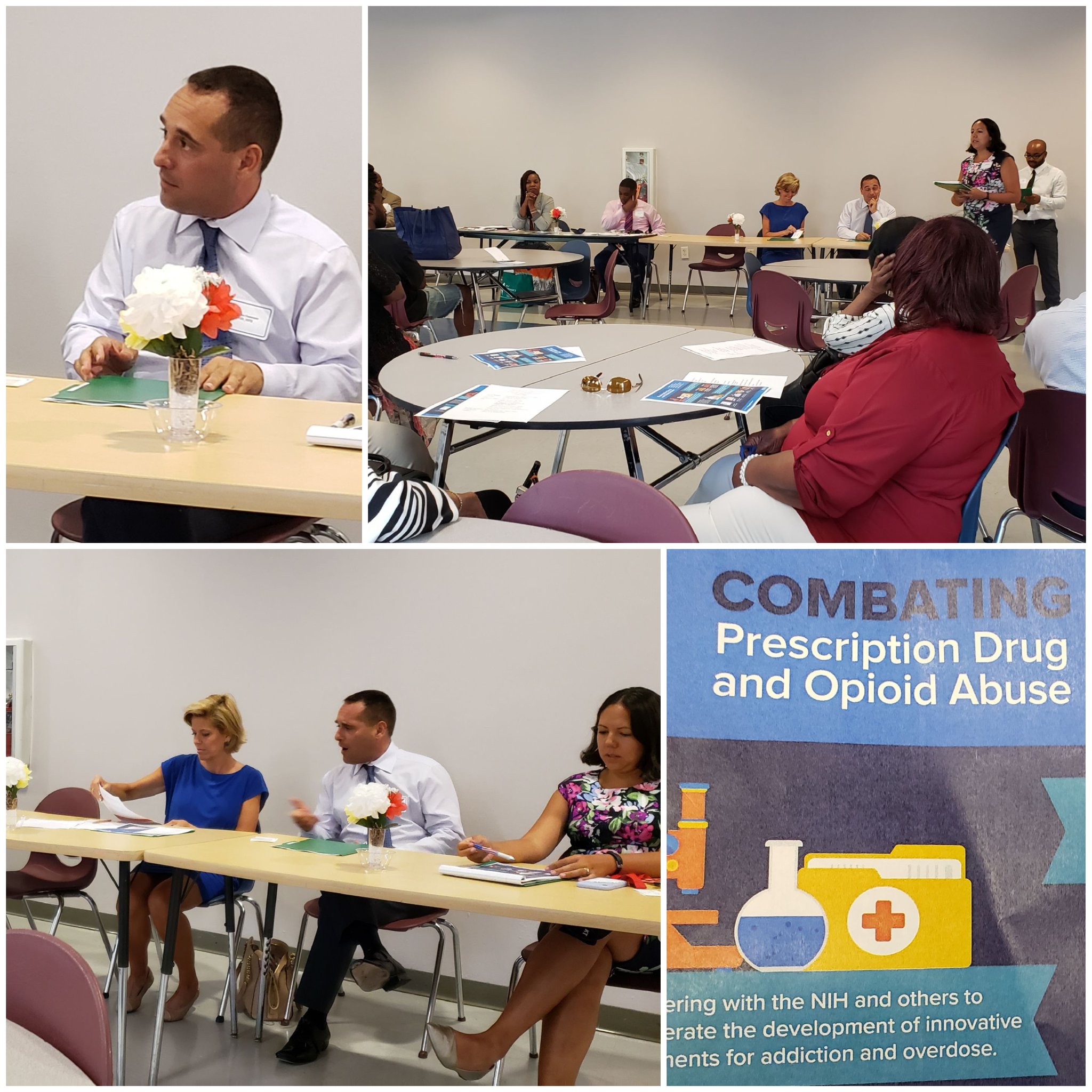Opioid Policies

Much like the rest of the United States, residents of the District of Columbia are struggling with substance use disorder (SUD) rate increases and high rates of opioid-related deaths. Unfortunately, these are multi-faceted issues that require year-long initiatives and systematic programs to address the myriad causes of addiction.
MSDC stands as a partner to the District government and private entities to help arrest the rates of opioid and substance abuse in the District. Through our advocacy for better prescribing practices, education on addiction, and even helping our own community through our Physician Health Program, MSDC is working to make DC a leader in reducing SUD, OUD, and addiction.
On a related note, MSDC is passionate about helping patients make prescriptions and medication more affordable. Whether expanding access to biosimilars or advocating for more affordable co-pays, MSDC wants to help our patients afford the medications they need.
MSDC Statement and Testimony on Opioid and Prescription Issues
25th Council information coming soon
MSDC and Allies Testify to Pass Copay Accumulator Act
MSDC members Drs. Angus Worthing and Klint Peebles joined a panel of patient advocates and residents to ask the Committee on Health to pass B24-557, the Copay Accumulator Amendment Act. The legislation is strongly supported by MSDC as a way for patients who rely on specialty drugs to treat their conditions, and who may have high out-of-pocket costs or high deductibles they are required to meet.
The legislation was introduced last year by Councilmember Mary Cheh and four colleagues. The bill would require health insurers to apply discounts, financial assistance, payments, product vouchers and other reductions in out-of-pocket expenses made by or on behalf of a member when calculating the member’s coinsurance, copayment, cost-sharing responsibility, deductible, or out-of- pocket maximum for a covered benefit.
Dr. Worthing is a rheumatologist with a practice in DC and resides in DC. He testified as to how copay accumulators negatively impact his patients by delaying care. In his comments he noted:
Just how critical are these medications? The typical person with rheumatoid arthritis using copay assistance programs has already experienced disabling joint pain, fatigue, and other symptoms for about nine months before even getting diagnosed. Then they tried older, less-expensive first-line medications for several months. For the roughly half of people who were failed by these drugs, more expensive specialty drugs usually are effective and help them get back to work, school, and caring for family. It’s heartbreaking to see the look of fear and anxiety on my patients’ faces when they can’t afford the medications that rescued them from the pain they had for months or years until they started drugs that worked for them.
Dr. Peebles also focused on the negative impact copay accumulators have on his patients affording their medication. As a dermatologist, he noted, he sometimes needs to prescribe costly, long-term treatments for conditions that impact lifestyles and wellbeing of patients. Coupons for medications can make these prescriptions affordable, but copay accumulators backload costs and push patients to abandon these treatments when they see a large bill for their medication made larger by the fact that insurance companies count their savings against them.
Joining the physicians were representatives from the ALS Association, HIV + Hepatitis Policy Institute, the Arthritis Foundation, and the National Psoriasis Foundation. Those organizations testified to what they had seen in other states and what they themselves experienced when insurance companies refused to recognize coupons or count payment assistance programs against patients.
The next step for B24-557 is for a markup in the Committee on Health. MSDC will be watching closely but welcomes physicians to speak up and speak out on this important issue. For more information, contact our office.
Sample of Legislation MSDC Tracked on Opioid and Prescription Policy
What does it do? The bill authorizes licensed pahrmacists to dispense interchangeable biological products and requires notifications to physicians when such interchangeables are dispensed.
MSDC position: MSDC has a position of priority support on this legislation, identifying its passage as one of its highest legislative priorities.
Current status: SUCCESS. The bill was passed by the Council and signed by the Mayor.
What does it do? The bill requires prescription opioid medications to include a statement that the drug is an opioid and opioids may cause dependence, addiction, or overdoes.
MSDC position: MSDC supports the legislation.
Current status: The bill had a hearing before the Committee on Health on July 29, 2020. MSDC leader Dr. Sam Kareff testified for the Medical Society. It passed the Council on November 10 and was signed by the Mayor December 7.
What does it do? The bill prohibits insurance companies from factoring the use of PreP in decisions related to disability, life, or long-term care policies.
MSDC position: MSDC supports this legislation
Current status: The bill was introduced on January 8, 2019 and assigned to the Committee on Business and Economic Development.
